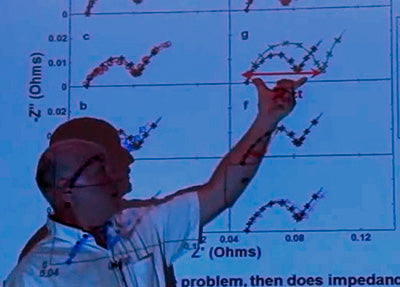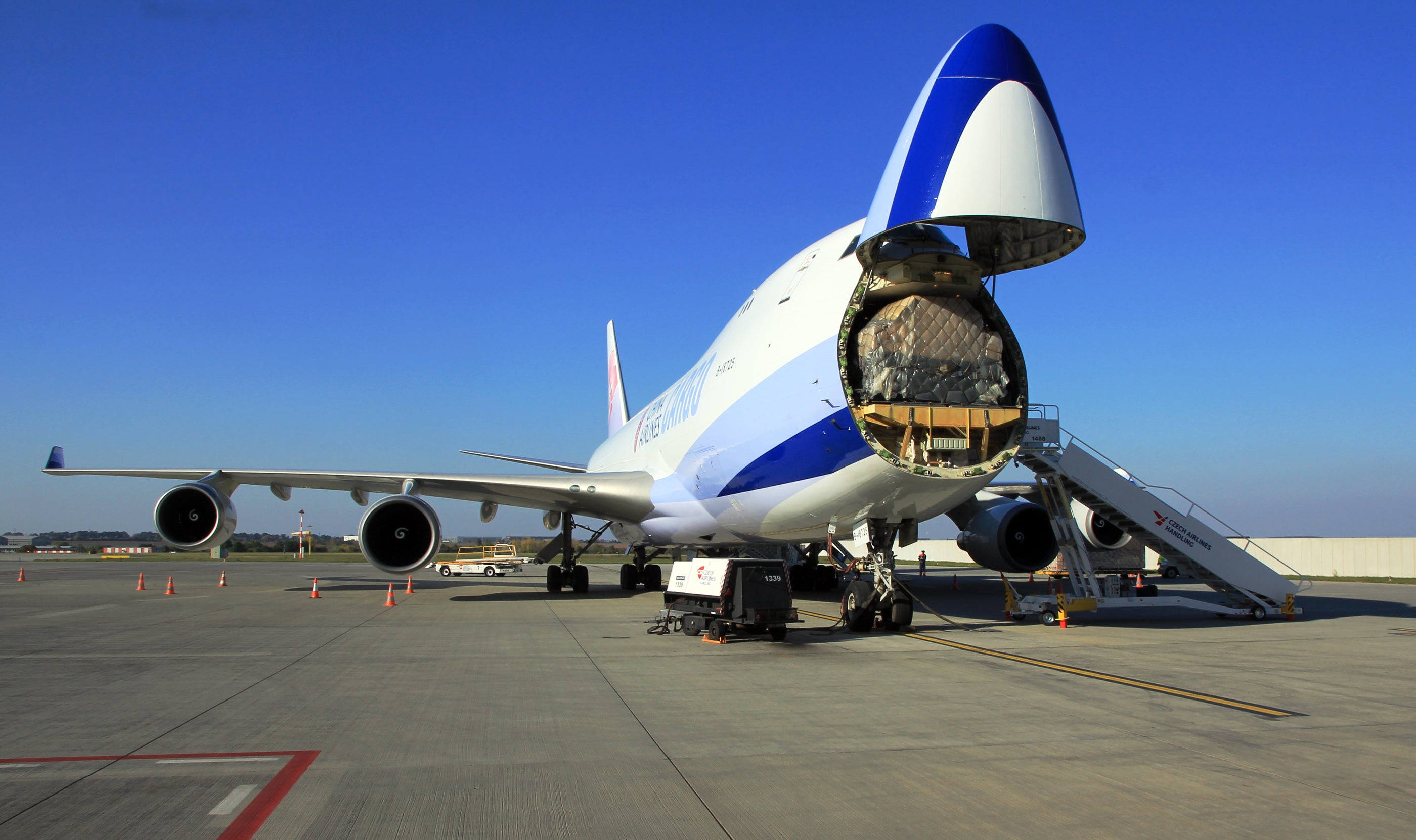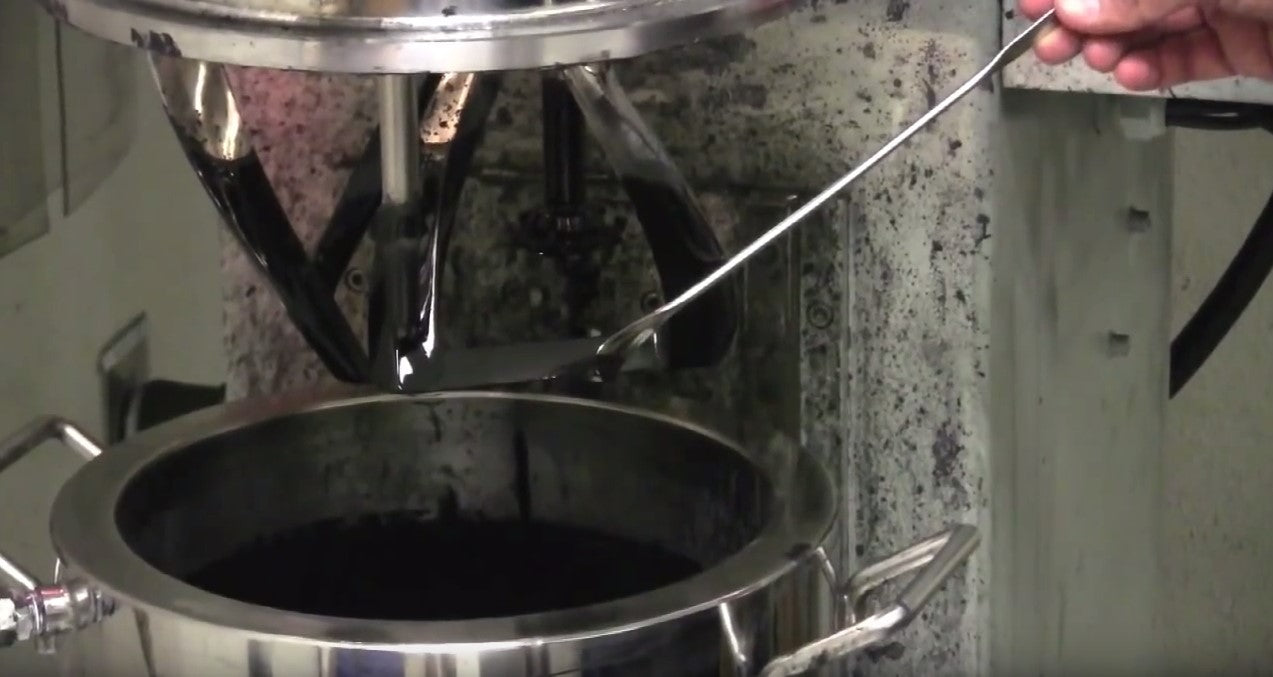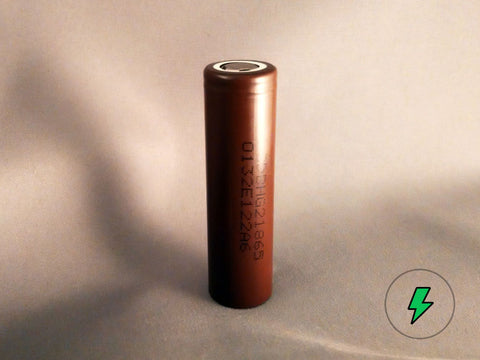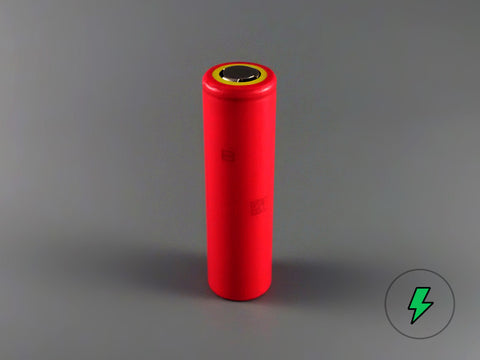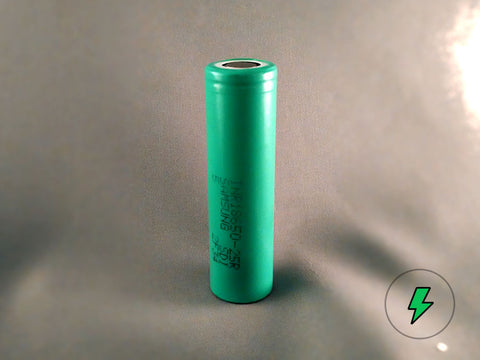Lithium ion batteries turn packing peanuts... into power March 27 2015, 0 Comments
18650 battery factories are very expensive to build. This is the reason there are so few of them. What if we could take something that we normally throw away, and turn them into a powerful power supply? Vilas Pol and his students are doing exactly that at Purdue University.
These chemists are taking the peanuts and heating them up to very high temperatures (between 932 and 1,652 degree Fahrenheit in a specific atmosphere) to reduce them to carbon sheets. This material has a large surface area because it is very porous, translating to a higher capacity (13 percent more than graphite-based batteries), faster charging battery.
The starch or polystyrene peanuts carry an electrical charge when put on the negative end of a li-ion battery. This makes contact with the liquid electrolyte, and the movement of ions between these surfaces is what creates electrical current.
The economics of this idea are neat as creating the carbon sheets is as simple as burning the packing peanuts. Only 10 percent of the world's packing peanuts are ever recycled, so there is plenty to go around.





